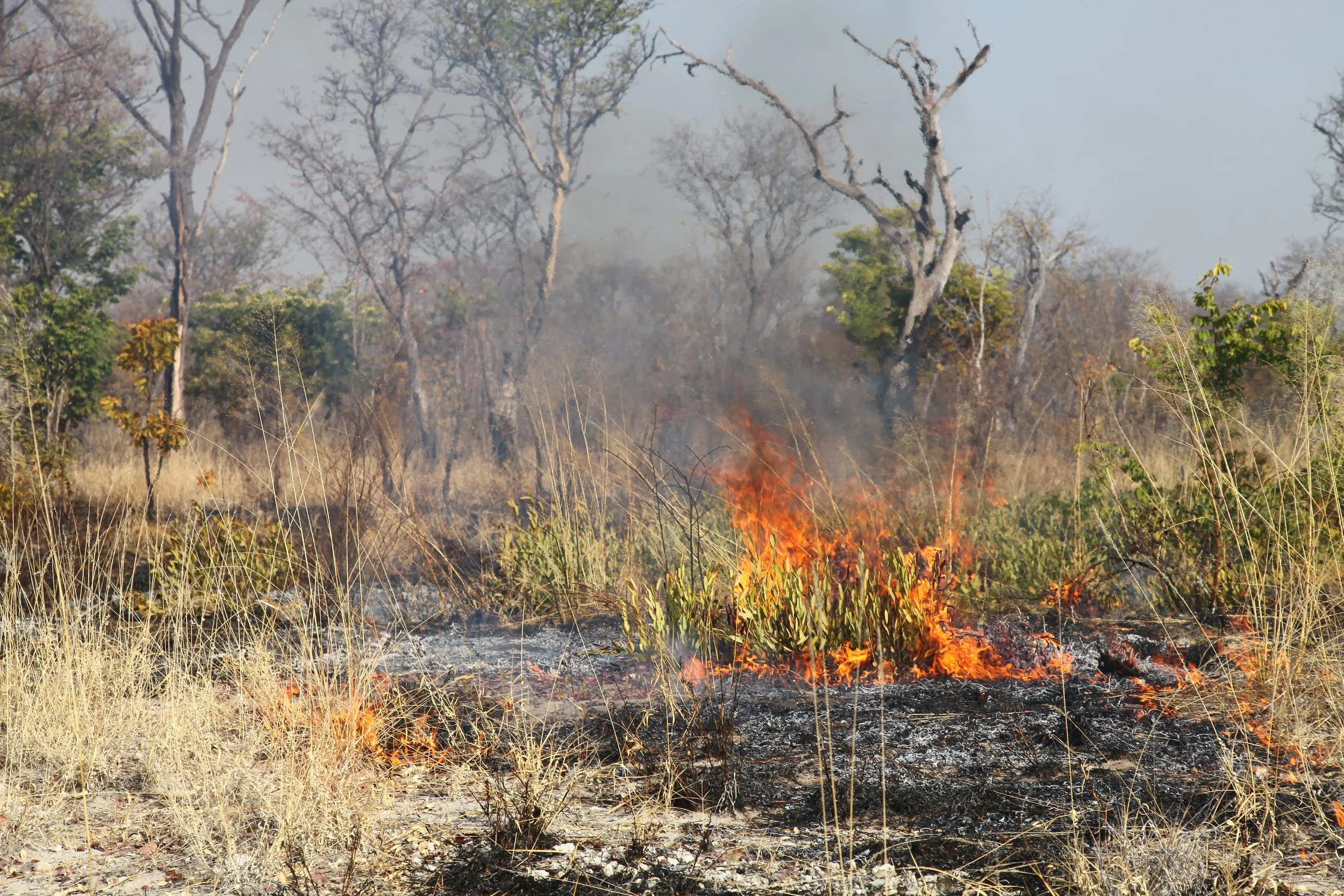PiNC Lab’s Glynis Humphrey joins FIREPOL as a regional expert
The People in Nature and Climate (PiNC) Lab, in collaboration with the University and Polytechnic of Turin, is pleased to announce its participation in the FIREPOL project, with PiNC Research Officer Dr Glynis Humphrey, joining as a regional expert for Africa.
Humphrey is a Research Officer with the African Climate Development Institute (ACDI) which hosts the PiNC Lab.
With FIREPOL, she joins a team of interdisciplinary academics examining the political and societal dimensions of wildfires, especially in the Global South, where local fire practices intersect with histories of inequality, power imbalances and socio‑environmental struggles.
“Fire plays a critical role in nature-based solutions (NbS) across Africa’s savannas and grasslands, supporting both ecosystems and local livelihoods,” says Humphrey.
“FIREPOL aims to reimagine fire not just as a natural or environmental hazard, but as a social and political phenomenon, deeply interwoven with governance, norms and contested land practices.”
Connecting politics and wildfires
Wildfires are essential for ecosystem health in many African landscapes, yet traditional fire use was often suppressed due to colonial-era misconceptions rooted in Global North perspectives.
Today in the Global South, governance structures including land tenure, regulations and resource allocation continue to determine who can use fire, how, and where—making fire not only an ecological issue but a deeply political one.
“Fire remains a politically governed and regulated tool that intersects with environmental, cultural and institutional systems,” explains Humphrey.
“As a result, fire is a complex factor in both society and politics as it requires governance, and permission is typically required to ignite fires on state and communal lands.”
Global South focus
The FIREPOL project addresses underexplored social and political dimensions of wildfire in the Global South, where human activity is the primary cause of fire in tropical forests, savannas and agricultural areas, notably in the absence of lightning.
While much research has focused on the ecological and climate-related aspects of wildfire, FIREPOL highlights the need to understand the political drivers and fragmented fire management policies in Africa.
“Through a cross-continental analysis, the project aims to synthesise diverse African fire policies and elevate the global importance of fire governance amid rising wildfire risks linked to climate change and human actions,” says Humphrey.
Nature-based solutions led by communities
Crucially, FIREPOL’s work intersects with nature‑based solutions that harness ecological processes to reduce wildfire risk—such as reintroducing fire‑resistant native vegetation, supporting grazing to manage biomass, and restoring traditional fire stewardship systems.
The project will examine the benefits of these strategies, alongside the impacts of fire policies which often emphasise suppression, leading to more flammable landscapes that typically exclude local and indigenous fire practices.
“By raising awareness about the importance of the 'use of fire to manage fire' alongside recognising the role of local knowledge, we can help foster and contribute to more inclusive, climate-resilient approaches and policies that support biodiversity and sustainability in society,” Humphrey says.
Photo credit (above):Conor Eastment


